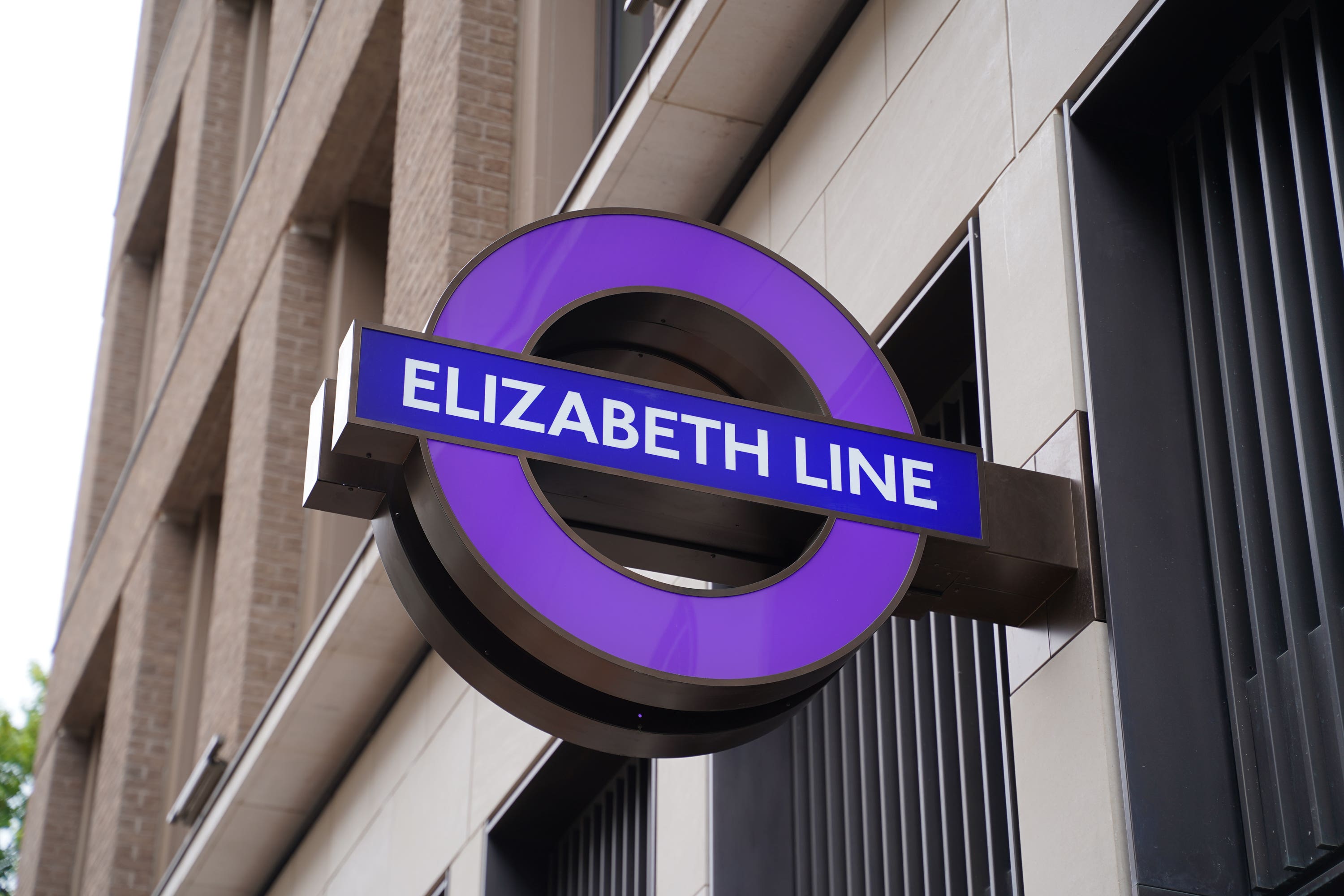Lack of toilets on Elizabeth line trains blamed for passengers attempting to force open doors
Seven trains were stranded for several hours in west London in December 2023

Your support helps us to tell the story
From reproductive rights to climate change to Big Tech, The Independent is on the ground when the story is developing. Whether it's investigating the financials of Elon Musk's pro-Trump PAC or producing our latest documentary, 'The A Word', which shines a light on the American women fighting for reproductive rights, we know how important it is to parse out the facts from the messaging.
At such a critical moment in US history, we need reporters on the ground. Your donation allows us to keep sending journalists to speak to both sides of the story.
The Independent is trusted by Americans across the entire political spectrum. And unlike many other quality news outlets, we choose not to lock Americans out of our reporting and analysis with paywalls. We believe quality journalism should be available to everyone, paid for by those who can afford it.
Your support makes all the difference.The lack of toilets on Elizabeth line trains has been blamed for stranded passengers trying to force open doors.
A report into trains being stranded for several hours near Paddington, west London, on 7 December last year found the absence of lavatories on Elizabeth line services was “a contributing factor to the passenger self-evacuation”.
Damage to overhead power lines brought four Elizabeth line trains, two Heathrow Express trains and one Great Western Railway (GWR) service to a standstill.
The report by consultancy Steer for watchdog Transport Focus and regulator the Office of Rail and Road (ORR) stated: “GWR and Heathrow Express passengers had toilets and charging facilities on board that, at first, passengers could access during the incident.
“The Elizabeth line, on the other hand, is not equipped with such facilities – which later appeared to be a contributing factor to the passenger self-evacuation.”
There are no toilets on the Elizabeth line’s £1 billion fleet of trains despite some timetabled journeys lasting 75 minutes.
The report stated that while Heathrow Express and GWR passengers were frustrated, the general atmosphere in those carriages “remained friendly” and people “stayed patient and calmly listened to announcements”.
It went on: “It was the opposite situation on the Elizabeth line, with no access to air conditioning, toilets, or charging facilities (and reduced lighting).
“Some stranded passengers started misbehaving and violently trying to force the doors open.
“One passenger noted that there were announcements saying: ‘Can people stop trying to open the emergency doors to get out… Can people stop kicking the doors – I know you’re frustrated but please stop doing that.’
“This further exacerbated the already stressful and unpleasant atmosphere on the train.”
Transport Focus and the ORR found that between 30 October last year and 8 January there were 75 incidents on Britain’s railways, leading to 178 trains becoming stranded.
These led to passengers being evacuated from 20 trains.
The bodies concluded that current guidance for stranded trains may not always be “well executed” or ensure an “acceptable passenger experience”.
ORR director of strategy, policy and reform Stephanie Tobyn said: “Being stranded on a train for a lengthy period of time is thankfully rare, but when it does happen, rail operators and Network Rail need to work together quickly to assess the situation from a passenger perspective and create a workable plan to safely manage the situation.
“This plan must assess the conditions on the train, the specific welfare needs of all passengers on board and the previous experience of public behaviour during such incidents.”
Transport Focus director Natasha Grice said: “Passengers can reasonably expect that the rail industry responds faster and more effectively to stranded trains situations.
“The railway’s responsibility to passengers doesn’t end when they eventually get off a stranded train.
“The industry must up its game to ensure passengers are properly looked after even once they are rescued, including onward travel and where needed hotels.”
Howard Smith, Director of the Elizabeth line for Transport for London, said: “We’re sorry that the incident on December 7 meant some of our customers were stranded on trains.
“We welcome this report from ORR and Transport Focus and together with partners, we have already implemented many of the recommendations and will continue to work to ensure customers have the best possible experience on our services.
“The Elizabeth line is a high-frequency metro-style service and as such, toilets are not provided on the train as adding toilets would be extremely complex, costly and would displace approximately 600 passengers per hour.”
Join our commenting forum
Join thought-provoking conversations, follow other Independent readers and see their replies
Comments